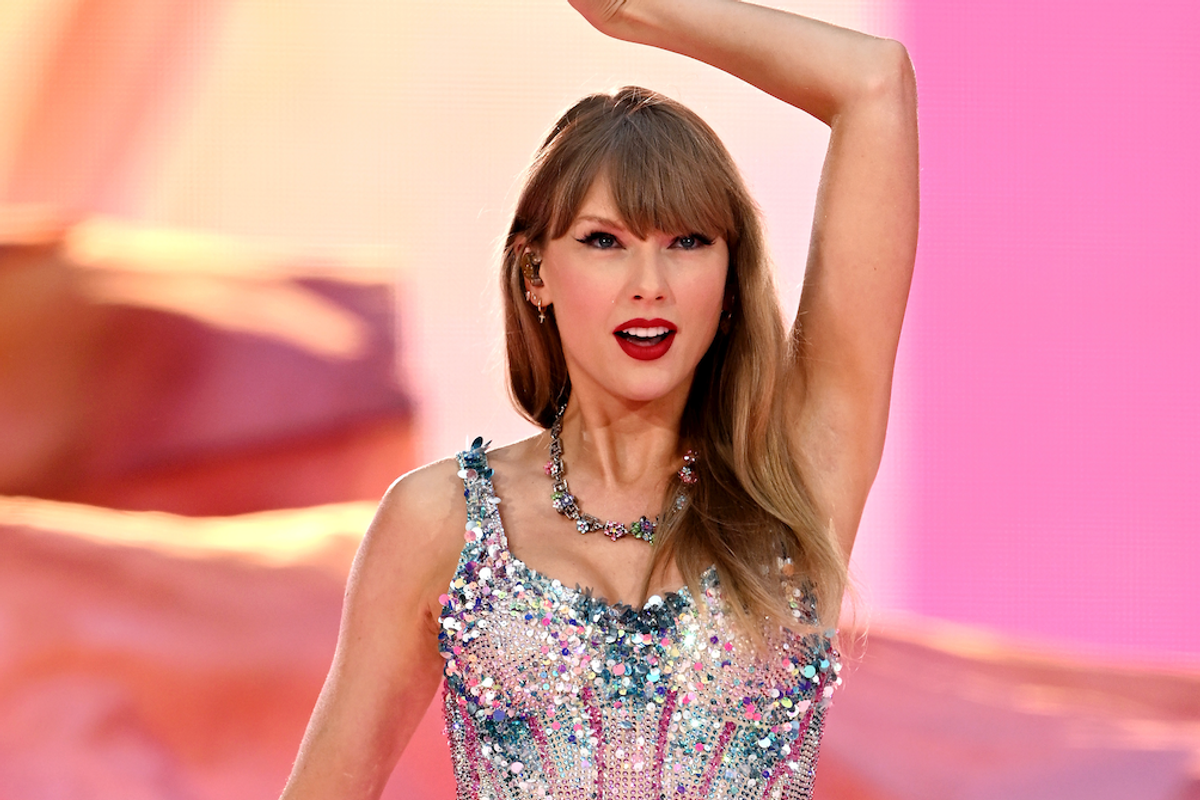News
Ben Chu (edited
Jul 10, 2015
George Osborne’s “one-nation” Budget will leave the poorest households in Britain “unequivocally” worse off, according to a respected think-tank.
In his speech on Wednesday, the Chancellor suggested that the boost to incomes from his new national Living Wage would leave ordinary families with a higher standard of living.
But the Institute for Fiscal Studies said that the Budget would actually make the poorest 10 per cent of families about £800 a year worse off by 2019.
The changes overall are regressive: taking much more from poorer households than richer ones.
- Paul Johnson, director of IFS
The next-poorest 10 per cent would experience an even bigger loss as their annual incomes were slashed by £1,100, it added.
Meanwhile, the richest 10 per cent of families will see their incomes fall by only £350 a year, while the second-richest 10 per cent will lose virtually nothing.
Child poverty is expected to shoot up and the majority of losers from the squeeze on tax credits will be people in work.
Paul Johnson, director of IFS, also shot down the Chancellor’s suggestion that his introduction of a £9-per-hour Living Wage by 2020 would compensate working families for his assault on the tax-credit regime.
It is absolutely clear that increases in the minimum wage will not make up for cuts in tax credits.
- Paul Johnson, director of IFS
Mr Johnson criticised the Budget by noting that the aggregate increase in employment income from the higher minimum wage will be £4bn, while welfare spending is set to be slashed by £12bn by the end of this parliament.
Existing tax-credit claimants should have been protected. [Mr Osborne] has strung out millions of strivers who will be made worse off.
- Frank Field, Labour MP, speaking to the i paper
Top 100
The Conversation (0)













Italian Prime Minister can't get away from Trump quick enough